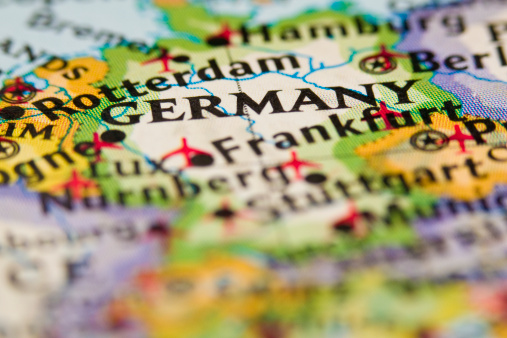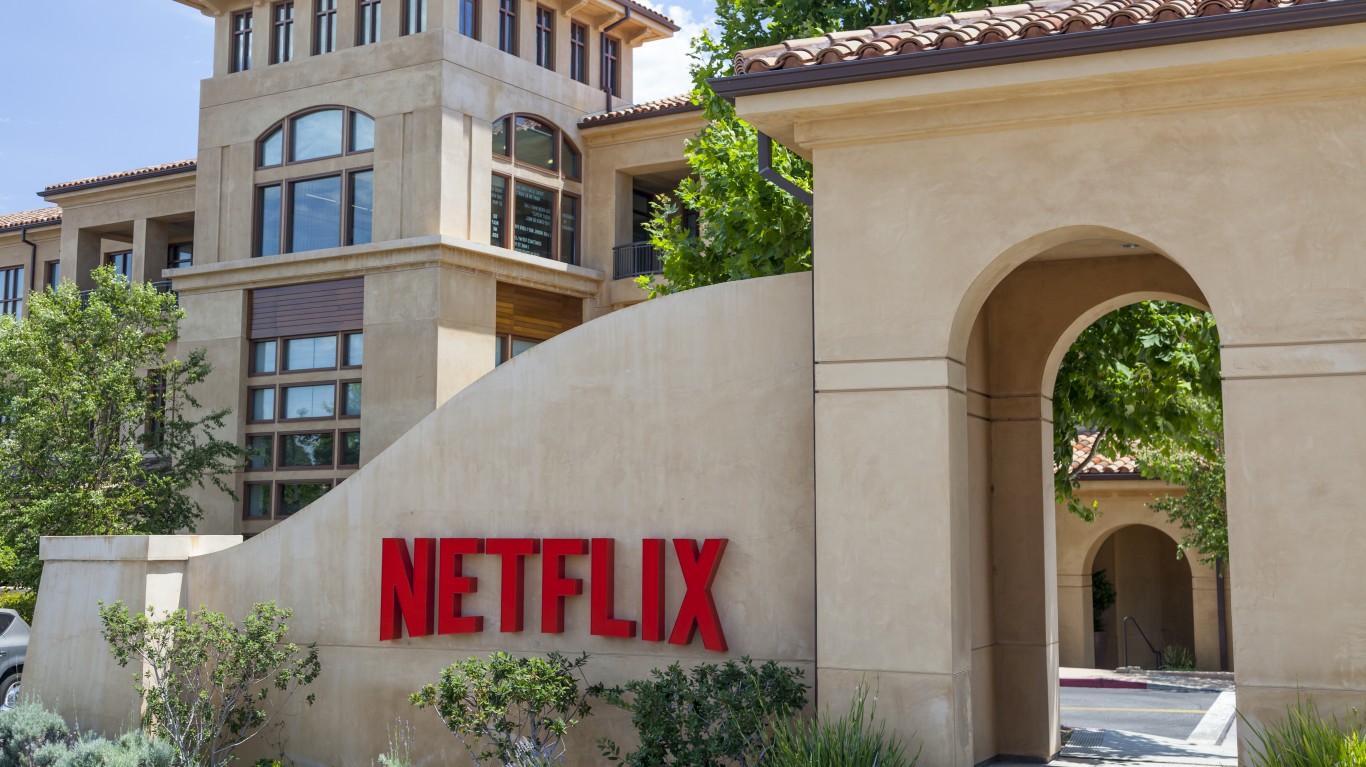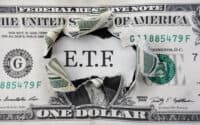The Deutsche Bundesbank walked away from its previous optimism about German GDP growth. The bank came to the conclusion very late as most large agencies, from the International Monetary Fund to the Organisation for Economic Co-operation and Development, dropped their forecasts for Germany many months ago. But the breadth and depth of the troubles are now official. The forecast could change German public policy as Angel Merkel seeks reasons to promote her reelection. Europe’s troubled nations, which count on Germany’s benevolence, should be concerned.
The agency sharply cut its forecasts for 2013:
[T]he Bundesbank’s semi-annual forecast expects that, following a rise of 0.7% in the current year (0.9% after adjustment for calendar effects), real gross domestic product (GDP) will grow by only 0.4% (0.5% after calendar adjustment) next year.
It is as though Bundesbank officials believe that Germany may have its own fiscal cliff. In the case of Europe’s largest economy, the threat is not new taxes or government spending cuts. Rather, the financial collapse of most of the rest of the region finally has dragged Germany’s production and consumer engine almost to a stop, and the problem could worsen next year.
The Bundesbank announcement constitutes another reason for Germans to suspect that the money that the government has put into bailouts would be better used at home. Stimulus packages have become the norm in large nations, which include China and Japan. The use of stimulus dollars even has entered the debate about the U.S. budget as the Obama administration argues that the country needs a $200 billion program to boost GDP through, among other things, job creation.
Germany should have avoided most of the dead economic weight that even has pulled France, the second largest country in the region by GDP, into recession. Internal consumer demand favored expansion in Germany, where unemployment stands at 5.4%. And the Germany export machine, driven by high-end manufactured goods and services, might have kept GDP well above 1%. The belief that those factors would buoy the German economy have disappeared, and not only because of the slowdown in Europe. China’s economy has sputtered some, and economic expansion of Germany’s trade partners, such as the United States and Japan, have moved into territory where they have risk.
Germans reviewing the Bundesbank projections may well believe that the best place for the government to spend money is at home, and that could affect the availability of capital to eurozone funds meant to rescue the region.
Douglas A. McIntyre
Is Your Money Earning the Best Possible Rate? (Sponsor)
Let’s face it: If your money is just sitting in a checking account, you’re losing value every single day. With most checking accounts offering little to no interest, the cash you worked so hard to save is gradually being eroded by inflation.
However, by moving that money into a high-yield savings account, you can put your cash to work, growing steadily with little to no effort on your part. In just a few clicks, you can set up a high-yield savings account and start earning interest immediately.
There are plenty of reputable banks and online platforms that offer competitive rates, and many of them come with zero fees and no minimum balance requirements. Click here to see if you’re earning the best possible rate on your money!
Thank you for reading! Have some feedback for us?
Contact the 24/7 Wall St. editorial team.



